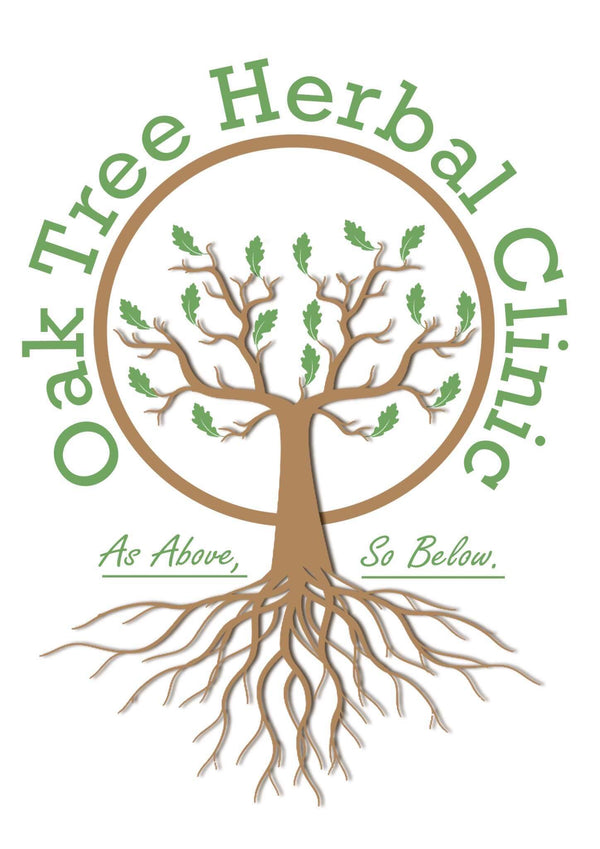What is RSV?
Respiratory Syncytial Virus (RSV) is a common respiratory virus that infects the lungs and breathing passages. It is one of the leading causes of respiratory illness in infants and young children, but it can also affect adults, especially the elderly and those with compromised immune systems. RSV is highly contagious and spreads through respiratory droplets when an infected person coughs or sneezes, or through direct contact with contaminated surfaces.
How Does RSV Affect the Body?
Infection and Transmission:
- RSV primarily enters the body through the nose, mouth, or eyes. Once inside, it infects the epithelial cells lining the respiratory tract.
- The virus is highly contagious, spreading through droplets from coughs or sneezes, and can survive on surfaces for several hours. Touching a contaminated surface and then touching the face can lead to infection.
Symptoms:
- Mild Symptoms: In healthy individuals, particularly older children and adults, RSV often causes mild, cold-like symptoms. These include a runny nose, coughing, sneezing, sore throat, mild headache, and fever.
- Severe Symptoms: In infants, young children, the elderly, and those with weakened immune systems, RSV can cause more severe symptoms. This includes bronchiolitis (inflammation of the small airways in the lungs) and pneumonia (infection of the lungs). Symptoms can escalate to severe coughing, wheezing, rapid or difficult breathing, and bluish skin due to lack of oxygen.
Disease Progression:
- Initial Phase: The virus initially causes upper respiratory symptoms like runny nose and congestion. These symptoms typically appear 4 to 6 days after exposure to the virus.
- Lower Respiratory Tract Infection: In severe cases, the infection spreads to the lower respiratory tract, leading to bronchiolitis or pneumonia. This can cause significant breathing difficulties and requires medical intervention, especially in high-risk groups like infants and the elderly.
Immune Response:
- The body's immune response to RSV involves inflammation and increased mucus production, which can clog the small airways (bronchioles) in the lungs. This leads to difficulty breathing and reduced oxygen levels in the blood.
- The immune system's response also includes the activation of white blood cells to fight the infection, which can cause further inflammation and damage to the respiratory tissues.
Duration and Recovery:
- RSV symptoms typically last about 1 to 2 weeks. Most healthy individuals recover on their own, though they may continue to have a cough for several weeks.
- In severe cases, particularly in infants and those with underlying health conditions, recovery can take longer and may require hospitalization for supportive care, such as oxygen therapy or mechanical ventilation.
Risk Factors and Complications
- High-Risk Groups: Infants (especially those under 6 months), premature babies, children with congenital heart or lung conditions, the elderly, and immunocompromised individuals are at higher risk of severe RSV infections.
Complications: Severe RSV infections can lead to complications like bacterial infections (e.g., pneumonia, otitis media), respiratory failure, and in rare cases, death. Long-term complications can include recurrent wheezing or asthma in children who had severe RSV infections early in life.
Natural Support for RSV: Herbal Remedies
While RSV usually resolves on its own, herbal remedies can support the immune system and alleviate symptoms. Here are some effective herbal options:
Elderberry (Sambucus nigra):
- Properties:Antiviral, immune-boosting, anti-inflammatory.
- Usage:Elderberry syrup or extract can reduce the duration and severity of respiratory infections.
Echinacea (Echinacea purpurea):
- Properties:Immune stimulant, anti-inflammatory.
- Usage:Echinacea tea or supplements can enhance the immune system's response to infections.
Garlic (Allium sativum):
- Properties:Antiviral, antibacterial, immune-boosting.
- Usage:Fresh garlic or supplements can be added to your diet for immune support.
Thyme (Thymus vulgaris):
- Properties:Antimicrobial, expectorant, antispasmodic.
- Usage:Thyme tea can soothe the respiratory tract and alleviate coughing.
Licorice Root (Glycyrrhiza glabra):
- Properties:Anti-inflammatory, antiviral, soothing to the respiratory tract.
- Usage:Licorice root tea or extracts can reduce inflammation and soothe irritated airways.
Mullein (Verbascum thapsus):
- Properties:Expectorant, demulcent.
- Usage:Mullein tea helps clear mucus from the respiratory tract.
Introducing: BreathEaze Herbal RSV Tincture
To provide comprehensive support during the RSV season, we are excited to introduce BreathEaze RSV Elixir. This unique blend combines the powerful properties of Marshmallow, boneset, thyme, licorice root, and Calendula to help strengthen your immune system and ease respiratory symptoms.
Why Choose BreathEaze?
- All-Natural Ingredients: Our tincture is made from carefully selected herbs known for their antiviral and immune-boosting properties.
- Effective Relief: Formulated to reduce inflammation, clear mucus, and support respiratory health.
- Easy to Use: Simply add a few drops to water or juice and take daily for optimal results.
Book Your Appointment Today
With RSV making headlines, now is the time to take proactive steps to protect your family's health. At Oak Tree Herbal Clinic, we specialize in natural and holistic approaches to wellness. Book an appointment today to learn more about how our herbal remedies can help you and your loved ones stay healthy this season.
Don't wait until symptoms strike—get ahead of RSV and ensure your family is prepared. Email us at oaktreeherbalclinic@gmail.com to schedule your consultation or order your BreathEaze Herbal RSV Tincture.
Stay Healthy, Naturally
At Oak Tree Herbal Clinic, our mission is to support your health naturally and holistically. Let us help you navigate this RSV season with confidence and peace of mind. Reach out to us today and discover the power of herbal medicine.
References:
- Elderberry: Zakay-Rones, Z., et al. (2004). "Randomized study of the efficacy and safety of oral elderberry extract in the treatment of influenza A and B virus infections." Journal of International Medical Research.
- Echinacea: Shah, S. A., et al. (2007). "Echinacea in the prevention of induced rhinovirus colds: a meta-analysis." The Lancet Infectious Diseases.
- Garlic: Lissiman, E., et al. (2014). "Garlic for the common cold." Cochrane Database of Systematic Reviews.
- Thyme: Wölfle, U., et al. (2014). "Thyme and rosemary essential oils induce potent antiviral activities through viral inhibition and immune stimulation." Phytotherapy Research.
- Licorice Root: Fiore, C., et al. (2008). "Antiviral effects of Glycyrrhiza species." Phytotherapy Research.
- Mullein: Patel, S., & Goyal, A. (2012). "Mullein (Verbascum thapsus L.): A medicinal plant with diverse therapeutic potential." Pharmacognosy Reviews.
Herbal Naturopathic/Nutritional Appointments - in Person and On line
If you would like to have a more tailored approach to your health concerns you can book in to see our Herbal Naturopath. (you will be transferred to our sister companies online booking service) She will look at you as an individual and look into your specific needs through holistic and evidence-based approach to wellness. Herbal Naturopathic principles are based on treating each person as an individual and treatment plans are designed to treat you as a whole person and not just your presenting symptoms.


